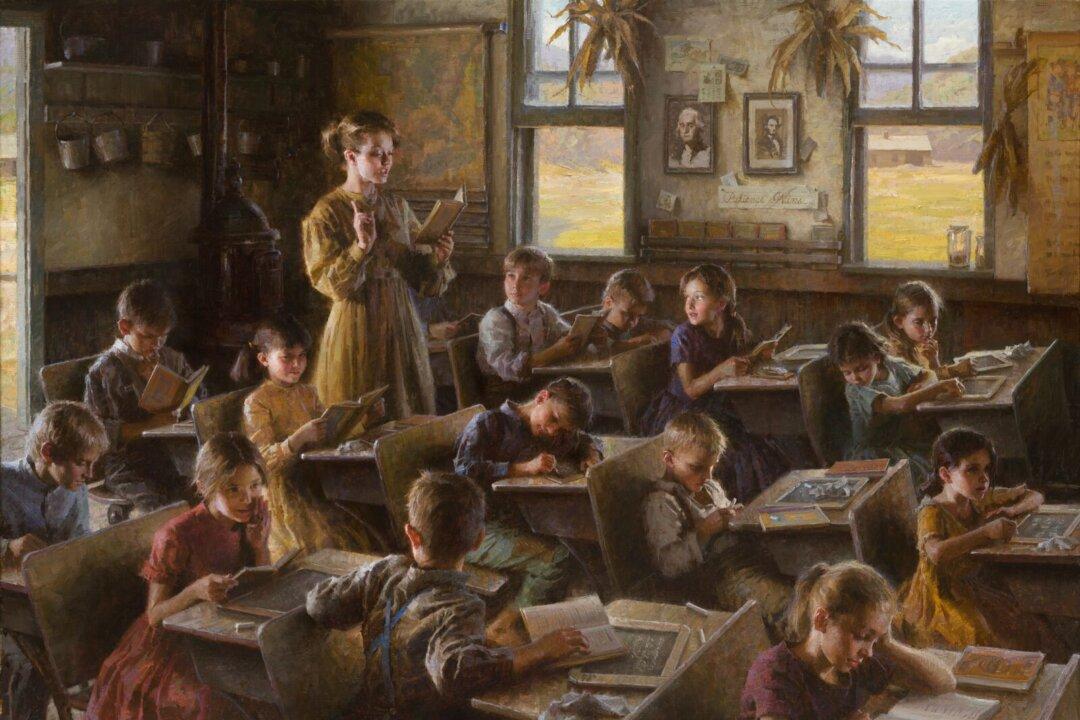While visiting my daughter and her family in Elmhurst, Pennsylvania, I was standing in a line waiting to enter an Aldi. Near the doorway, an employee was sanitizing the handles of the carts shoppers had returned from the parking lot and talking to a customer and her teenage daughter. The Aldi employee mentioned her 16-year-old son and how much he missed school. “He told me he hasn’t learned a thing since the schools closed,” she said. “Not a thing.”
That remark snagged my attention, for it condemns the public education—the woman named her son’s school—given this young man. After 10 years of sitting in a classroom, he had grown accustomed to being spoon-fed information rather than seeking out knowledge on his own.






